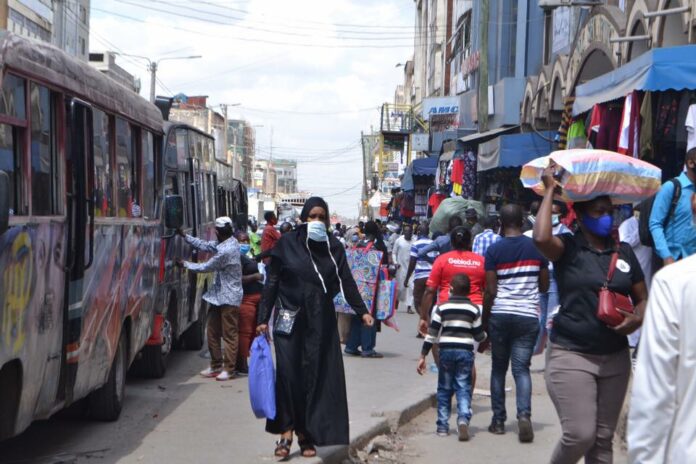Salary Brackets Kenya: The Kenya National Bureau of Statistics has revealed that nearly half of all formally employed Kenyans earn Sh. 30,000 and below. This comes hot on the heels of revelation by the national statistics bureau that only 80,000 Kenyans earn Sh. 100,000 and above every month.
According to a report that appeared in the Business Daily, the KNBS data shows that 45.9 percent or 1.34 million of 2.92 million workers in the formal sector took home less than Sh. 30,000 last year.
“The share of workers earning less than Sh. 30,000 has remained little changed since 2014, a pointer that Kenya’s economic growth over the period has failed to offer low-earning employees a sharper pay rise,” the report said. “Those earning more than Sh. 100,000 accounted for 2.9 percent of the 2.92 million formal workers captured in the data, the wage inequality among formal workers. The number of workers earning less than Sh. 30,000 has grown in last five years from 1.2 million workers to hit 1.34 million at end of last year, with the pay inequality wider among national government employees.”
Why I chose to put my degree down and sell smokies and mangoes
The report further noted that Kenyans who earn between Sh. 25,000 and Sh. 29,999 are 579,311 workers. Kenyans who earn between Sh. 20, 000 and Sh. 24,999 are 482, 588 workers. Kenyans who earn below Sh. 20,000 are 284,656 workers.
To illustrate the struggle these Kenyans go through, the KNBS report shows that the average rent of a one bedroom house was Sh. 12,071 in Nairobi last month. Salary Brackets Kenya.
The KNBS report also shows that Kenyans who earn more than Sh. 100,000 account for 2.9 percent of the 2.92 million formal workers who are captured in the Kenya Revenue Authority (KRA) database. At a minimum of Sh. 100,000, their pay was nearly six times the gross monthly per capita income of Sh. 16,833. Nearly three quarters or 74.58 percent of formal sector workers earned below Sh. 50,000, reflecting the income inequality. The earnings inequality has partly been attributed to the previous centralised system of government, which guided sharing of resources since independence.








